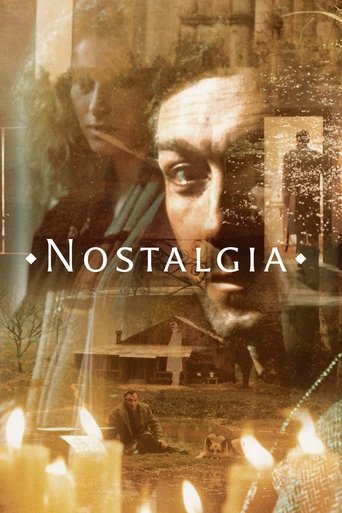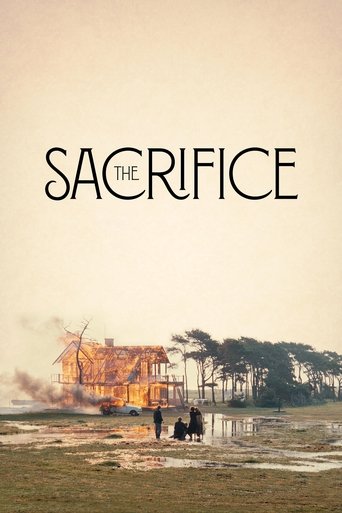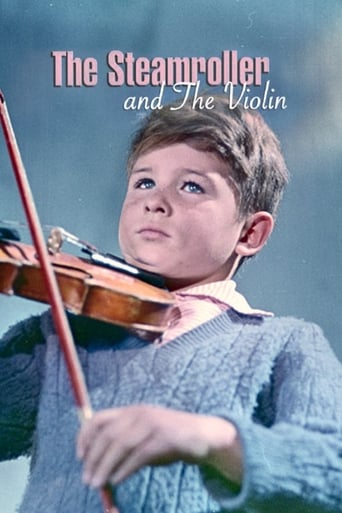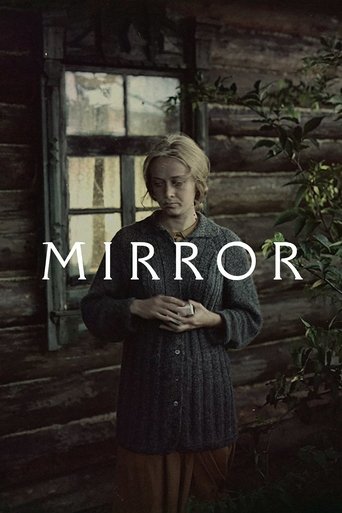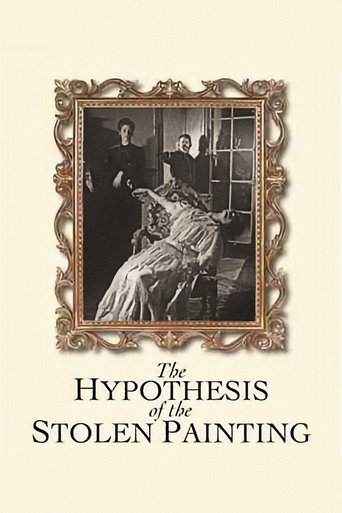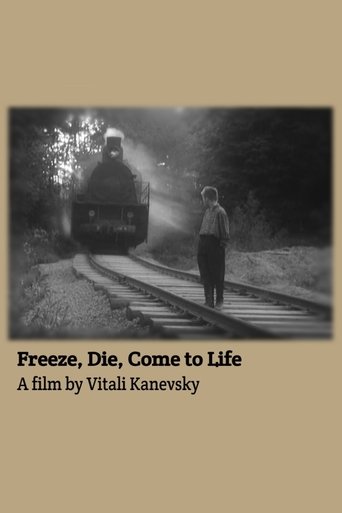
- May 09, 1962
- 95 min
-
Full-HD
Ivan's Childhood (1962)
In WW2, twelve year old Soviet orphan Ivan Bondarev works for the Soviet army as a scout behind the German lines and strikes a friendship with three sympathetic Soviet officers.
Country
Soviet Union
Companies
Tretye Tvorcheskoe Obyedinenie
Mosfilm

Nikolay Burlyaev
Ivan

Valentin Zubkov
Kholin

Yevgeni Zharikov
Galtsev

Stepan Krylov
Katasonov

Nikolay Grinko
Gryaznov

Dmytro Milyutenko
Old Man

Valentina Malyavina
Masha

Irma Raush
Ivan's Mother
